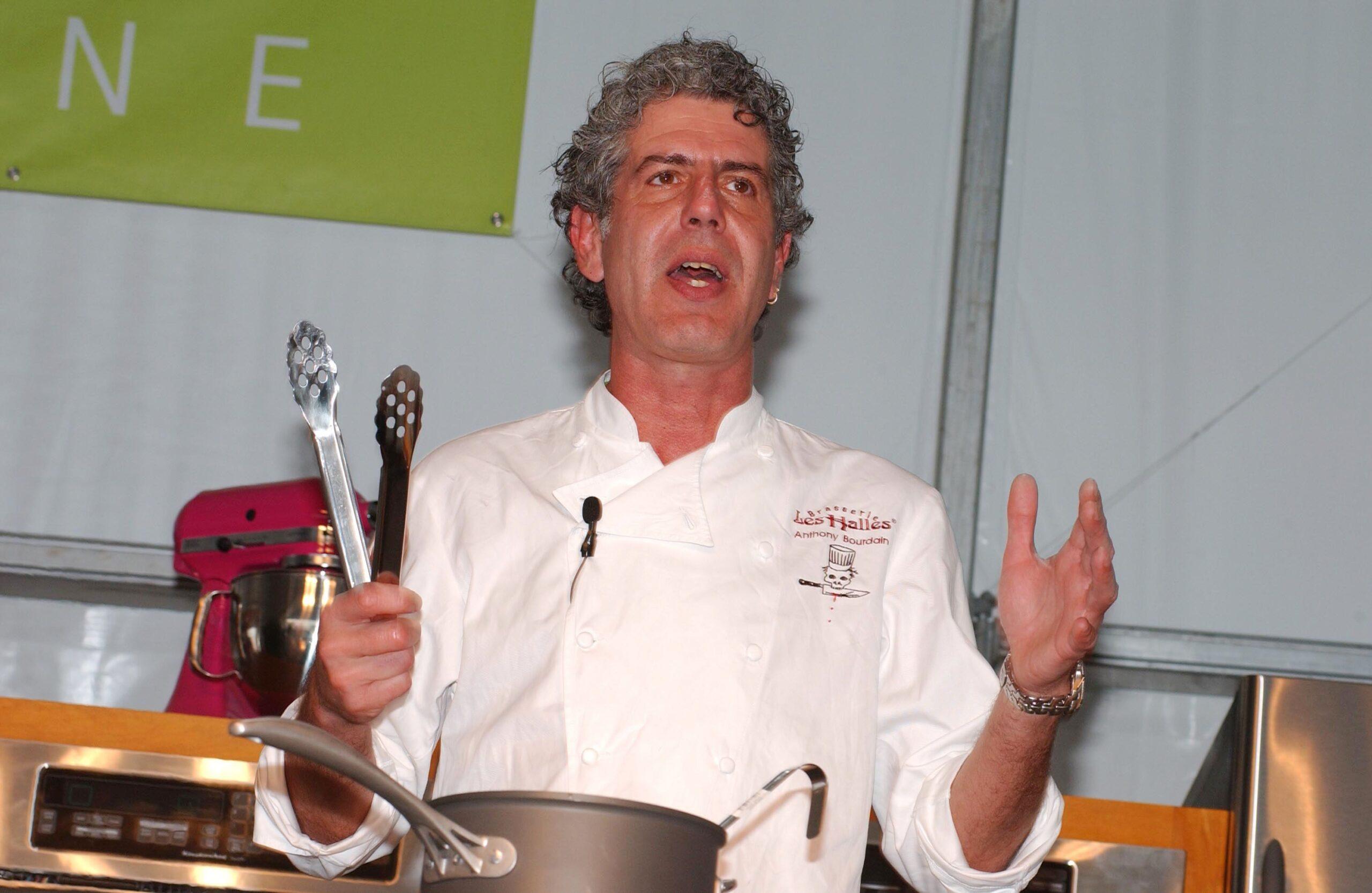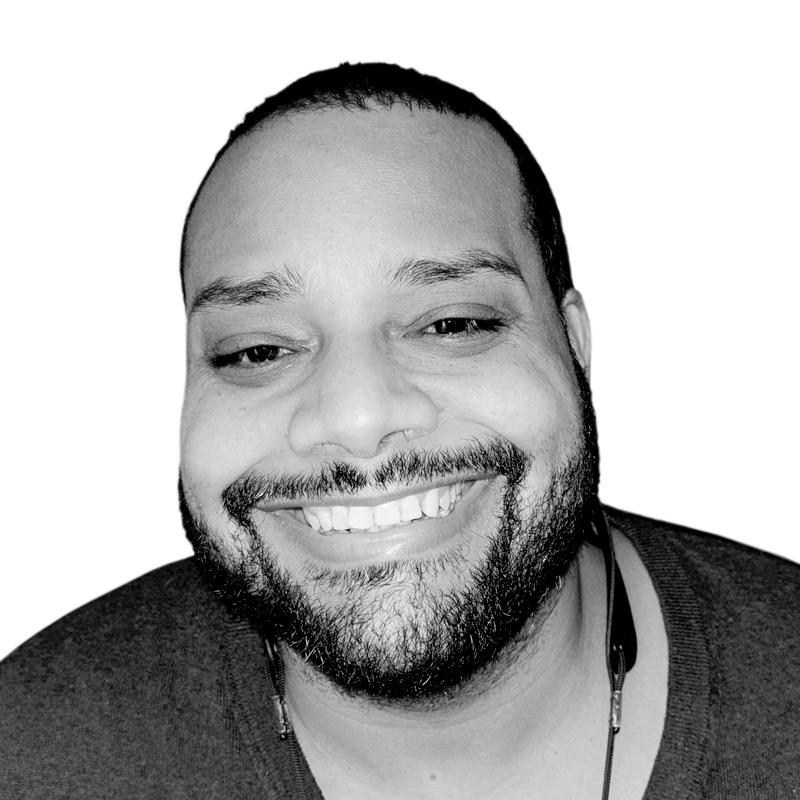Anthony Bourdain, the devilish New York chef, author, and outspoken TV personality, was the only so-called foodie who imparted real dignity to the term. On Friday — at age 61 — Bourdain took his own life in France, where he was reportedly taping an episode of his CNN series, Parts Unknown. He was discovered by his friend and fellow chef Eric Ripert.

For more than two decades, Bourdain wrote books — including the notorious Kitchen Confidential — about the restaurant industry, and he hosted TV shows about food as business, as craft, as human history, as sensory delight. He was an underrated blogger, too, and a mischievous social media figure. Bourdain’s culinary mission was diplomacy, and so he will be remembered as one of America’s great ambassadors. Bourdain’s breakout TV series, No Reservations — which aired on the Travel Channel for nine seasons — and his subsequent CNN series dispatched the grouchy correspondent to every last corner of the world. Bourdain would eat anything. Sometimes grudgingly, but he’d eat it, and — however great or painful it was — he’d dramatically savor the experience. More importantly, Bourdain would interview people about their lives, their families, their ambitions, their talents, their struggles, and their taste. His great skill — the evidence of his empathy and curiosity — was just letting people talk. Indeed, Bourdain’s books and his travel shows weren’t tasting menus — they were journalism, compassionately crafted and genuinely revealing. A wisecracking bad boy otherwise, Bourdain traveled the world, exploring cuisines and regional histories, interrogating not just the quality of food, but the quality of life.
Righteously, Bourdain ranted — in episodes, in his books, in interviews, on Twitter — against vegetarians, against Henry Kissinger. He would force his audience to consider the various levels of turmoil that tourism — especially food tourism — obscures. He structured entire episodes — in Vietnam, Cambodia, Iran, Nicaragua, Haiti, and elsewhere — around ethical queries and humanitarian concerns. In the early minutes of his No Reservations episode about Nicaragua, Bourdain trained his cameras on a landfill. It’s teeming with scavengers, including small children, who tore through wet bags, collecting recyclables for sale. The footage was distinctly unappetizing, but Bourdain meant to illustrate the country’s great wealth disparities, its political malfeasance, and its unforgivable waste. “The very notion of food television — what I do — seems somehow obscene,” Bourdain said, addressing the camera. “I don’t want to go all Sally Struthers on you, but there it is.” Bourdain subject matter was human history and identity. Food was key to understanding both, and yet it was only ever a pretext for learning about the world, especially the corners that many Americans may deem scary or otherwise repulsive.
Bourdain did not present food and travel as the stuff of summer vacations, though he certainly popularized a few, far-flung joints along the way. Some of his adventures were reckonings, such his excursions to Cambodia and Vietnam, which culminated with the Parts Unknown episode in which Bourdain interviewed Barack Obama at a restaurant in Hanoi. Some adventures were dangerous, such as his first No Reservations episode about Beirut, a travelogue that became a war documentary once Israel bombed the city’s major airport, forcing the crew to evacuate Lebanon by aircraft carrier.
Other Bourdain adventures were far less perilous, far more whimsical — they were meditations on culinary craft and history. The very best Bourdain television, however relaxing or perilous, was often about friendship — Bourdain and his crew, Bourdain and his guests, Bourdain and his hosts. In the eighth season of Parts Unknown, he dragged Ripert — a giggling Frenchman with a sensitive palate — to Sichuan province, a peppercorn hellscape. Bourdain delighted in subjecting his friend to the region’s world-renowned heat. Through countless courses, Bourdain and his gracious hosts pushed Ripert up against the limits of his comfort, making him squirm, making him sweat — but, ultimately, selling him on the region’s immortal flavors, a source of delight and pride for millions of people.
Bourdain was always trying to destigmatize and celebrate. It didn’t always work. He didn’t solve colonialism and militarism, even with repeat visits to Southeast Asia and Latin America. He did not always present the ethical challenges of food tourism and appropriation with total clarity; he was, after all, a white man bearing down upon strange lands with cameras and Western connections. But Bourdain and his crew struggled more passionately, and intelligently, than any other correspondent in his genre. He trained a generation of chefs and tasters to travel far and wide, order wisely, and eat responsibly. He was the perfect guest.
